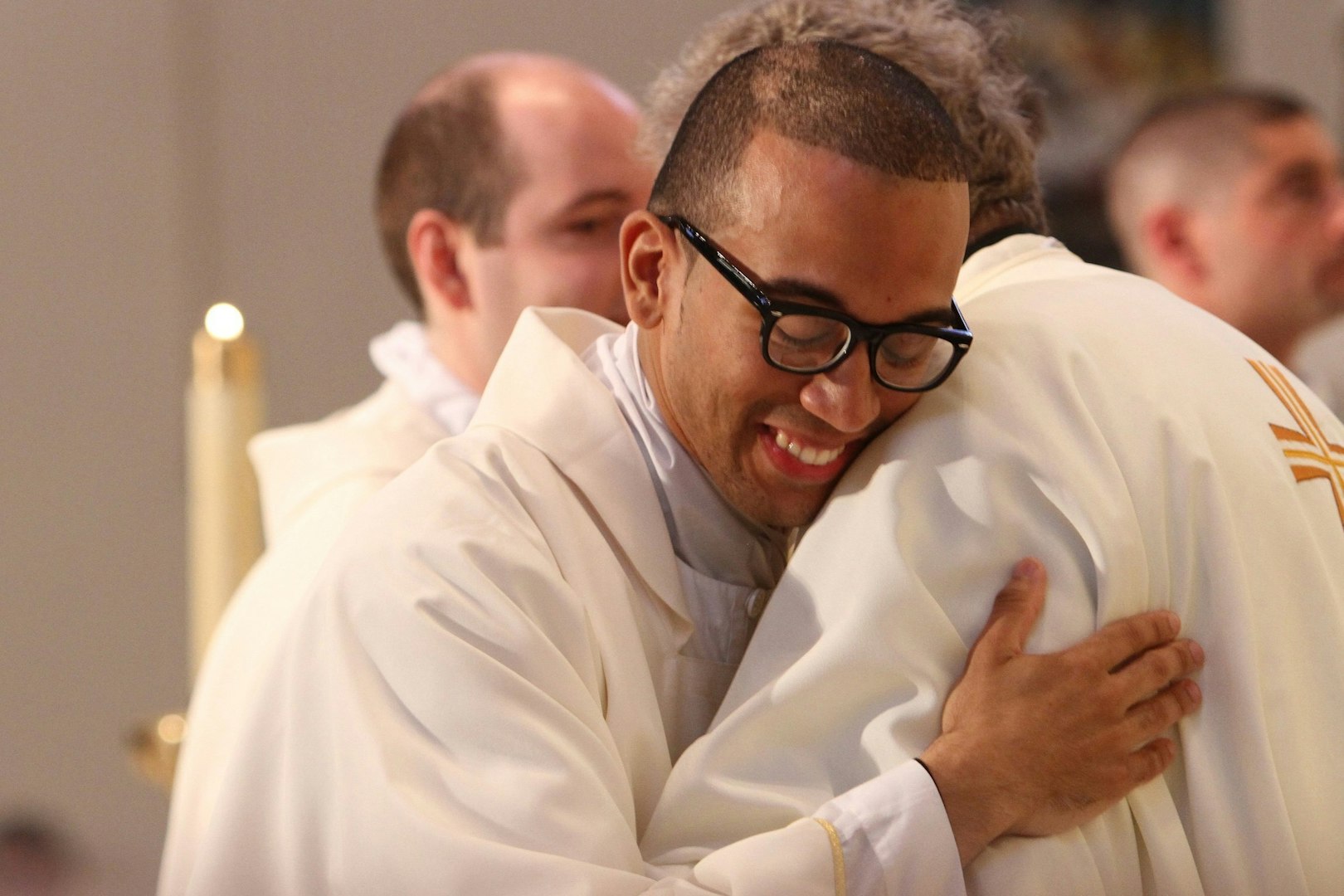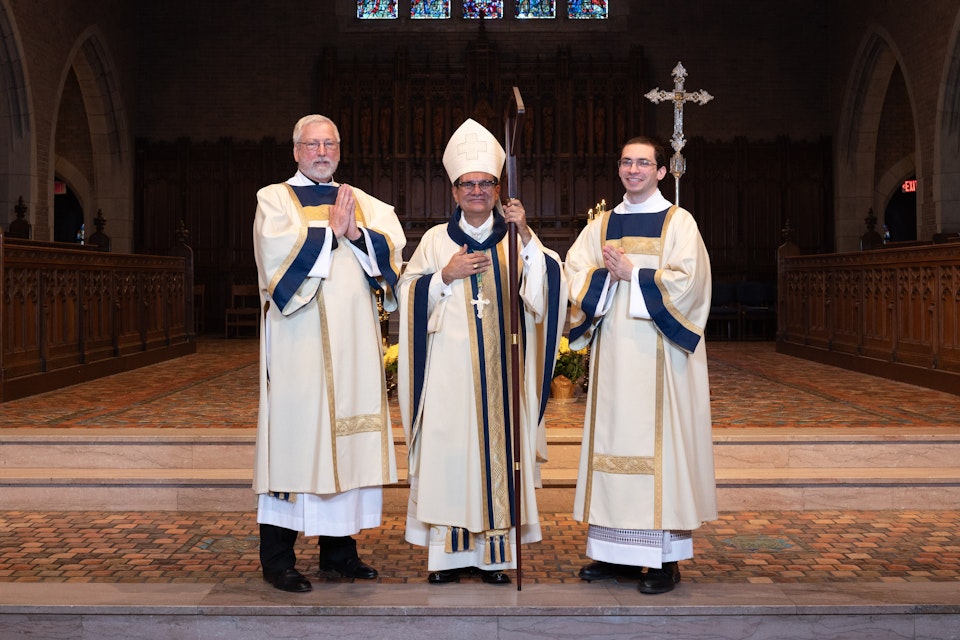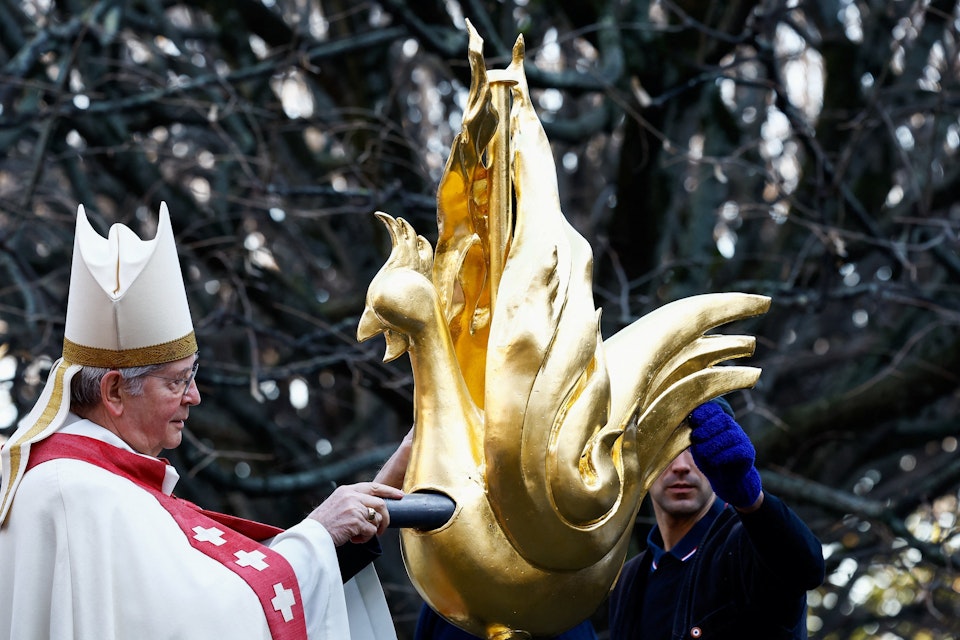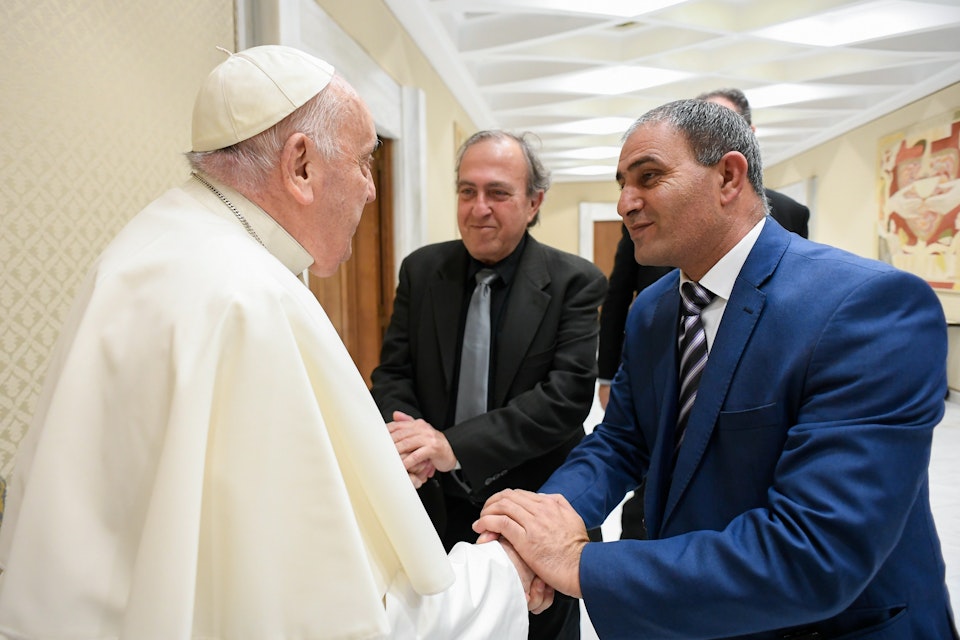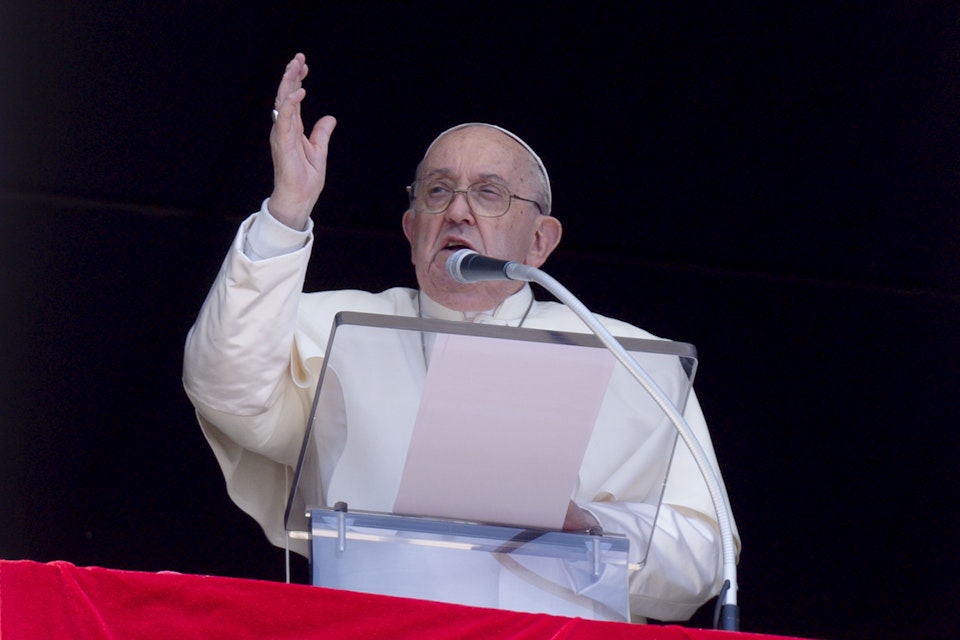 Colleen McMaster, right, a science teacher at Mercy High School in Farmington Hills, experiments with different plastics at the ASM Materials Science Camp for Teachers at the Lightweight Innovations for Tomorrow headquarters in Detroit on July 12. McMaster was one of a handful of area Catholic school teachers to attend the camp. Photos by Dan Meloy | The Michigan Catholic
Colleen McMaster, right, a science teacher at Mercy High School in Farmington Hills, experiments with different plastics at the ASM Materials Science Camp for Teachers at the Lightweight Innovations for Tomorrow headquarters in Detroit on July 12. McMaster was one of a handful of area Catholic school teachers to attend the camp. Photos by Dan Meloy | The Michigan CatholicDetroit — Class was in session for a select few Catholic school science teachers, well before they were back to school.
Looking to sharpen their lab skills and get new ideas for the coming year, six Catholic school science teachers attended the ASM International Materials Science Camp for Teachers at the Lightweight Innovations for Tomorrow (LIFT) headquarters on Rosa Parks Boulevard in Detroit, July 11-13.
The three-day workshop is part of a national ASM program, through which science teachers are invited to experience the latest advances in material science, experimenting with metals, ceramics, polymers and composites to develop an appreciation for how the materials are put to use in real-life work environments.
“I’m here to learn practical applications of using everyday science and how that can translate to classroom lab work,” said Michelle Compton, computer applications teacher at Detroit Cristo Rey High School, attending the camp for the fourth time.
“We’re using STEM (Science, Technology, Engineer and Math) technology more and more in class. Even though I teach computer applications, last year I taught chemistry using a lot of material sciences,” Compton said.
During the conference, teachers learned the different ways plastics are being used in engineering, completing a small experiment by stretching, shrinking and coloring plastics.
Debbie Prakobkij, science teacher at Regina High School in Warren, said she appreciated learning “cool and interesting things” to take back to her students.
“I’ve haven’t been to this camp before, but I’m always looking for things to do over the summer to integrate into the classroom, and this looked like a perfect opportunity to do that,” Prakobkij said.
Oftentimes, chemistry and physics in high school classrooms can be reduced to balancing equations on the whiteboard and talking about theories and concepts, Prakobkij said, which makes such hands-on education so much more valuable.
“It’s always nice as a teacher to be able to relate what the students are learning to something that is in the real world,” Prakobkij said. “Any time you can do anything with your hands, it just enhances that topic you are learning.”
 Debra Prakobkij of Regina High School and Danielle Baker of Cabrini High School test materials July 12 at the ASM International Materials Science Camp for Teachers.
Debra Prakobkij of Regina High School and Danielle Baker of Cabrini High School test materials July 12 at the ASM International Materials Science Camp for Teachers.Being a science teacher at an all-girls school, Prakobkij acknowledged the extra responsibility she has in getting more young women interested in STEM fields, where women are underrepresented.
“I think it’s important to get girls involved in science and engineering fields at a young age, because they are lacking in those industries,” Prakobkij said. “With more hands-on, practical lessons, you can get them excited about these fields and encourage them to explore more.”
Teachers had a blast doing the experiments and taking in the lecture from the master instructors at LIFT, a welcomed change of pace for teachers who usually are giving their own lectures to a roomful of students.
Danielle Baker, a math teacher at Cabrini High School in Allen Park who also moderates the school’s STEM club, said she hopes to use her experience in the workshop to design better experiments for the after-school club, which participates in the Science Olympiad.
“I’d really like to teach the high school students some of these labs, so they can turn around and teach the middle school students,” Baker said. “When you teach yourself, you learn the material at a higher rate.”
Baker and other teachers at the conference said designing more engaging experiments for the classroom is a key component to a Catholic education’s focus on the sciences.
“Introducing science to students at an early age is something I think our Catholic schools do such a phenomenal job with,” Baker said. “Science is taught in kindergarten through the 12th grade. Even our elementary schools make science a top priority, and it really sets us apart in Catholic education.”



